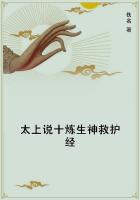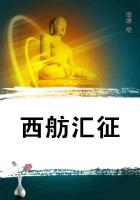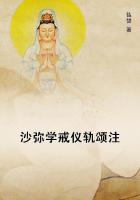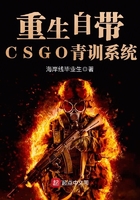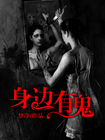Mr.Browne and Mr.Herne have expressed no opinion on the subject, so far as I am aware."At this point Gwen, with an eagerness she had not before displayed, - or possibly it was nervousness, - exclaimed: "And your own view of the case?" "I believe," Maitland replied deliberately, "that your father's death resulted from poison injected into the blood;but this is a matter so easily settled that I prefer not to theorise upon it.There are several poisons which might have produced the effects we have observed.If, however, I am able to prove this conjecture correct I have still only eliminated one of the three hypotheses and resolved the matter to a choice between the suicide and murder theories, yet that is something gained.It is because Ibelieve it can be shown death did not result from natural causes that I have so strongly urged Mr.Browne not to leave the room.""Pardon me, sir!" ejaculated Browne, growing very dark and threatening."You mean to insinuate - " "Nothing," continued Maitland, finishing his sentence for him, and then quietly ignoring the interruption."As I have already said, I am somewhat familiar with the usual methods of ferreting out crime.As a lawyer, and also as a chemical expert, I have listened to a great deal of evidence in criminal cases, and in this and other ways, learned the lines upon which detectives may confidently be expected to act, when once they have set up an hypothesis.The means by which they arrive at their hypotheses occasionally surpass all understanding, and we have, therefore, no assurance as to the view they will take of this case.The first thing they will do will be to make what they will call a 'thorough examination' of the premises; but a study of chemistry gives to the word 'thorough' a significance of which they have no conception.It is to shorten this examination as much as possible, - to prevent it from being more tiresome to you than is absolutely necessary," he said to Gwen, "that I have taken the liberty of ascertaining and recording most of the data the officers will require.""Believe me," Gwen said to him in an undertone not intended for the rest of us, though we heard it, "I am duly grateful for your consideration and shall find a fitting time to thank you."With no other reply than a deprecating gesture, Maitland continued:
"Now let us look at the matter from the standpoint of the officers.
"They must first determine in their own minds how Mr.Darrow met his death.This will constitute the basis of their first hypothesis.
I say 'first' because they are liable to change it at any moment it seems to them untenable.If they conclude that death resulted from natural causes, I shall doubtless be able to induce them to waive that view of the case until I have been given time to prove it untenable - if I can - and to act for the present upon one of the other two possible theories.It appears, from our present knowledge of the case, that, whichever one of these they choose, the same difficulty will confront them."Gwen looked at him inquiringly and he continued, answering the question in her eyes:
"This is what I mean.Your father, whether he committed suicide or was murdered, in all probability met his death through that almost imperceptible wound under his chin.This wound, so far as I have yet been able to examine it without a glass, was made with a somewhat blunt instrument, able, apparently, to little more than puncture the skin and draw a drop or so of blood.Of course, on such a theory, death must have resulted from poisoning.The essential point is: Where is the instrument that inflicted the wound?""Might it not be buried in the flesh?" Gwen asked.
"Possibly, but as I have not been able to find it I cannot believe it very likely, though closer search may reveal it," replied Maitland."Your father's right forefinger," he continued, "is slightly stained with blood, but the wound is of a nature which could not have been caused by a finger nail previously poisoned.
Since we know he pressed his hand to his throat this blood-stain makes no more strongly toward the truth of the suicide theory than it does toward that of the murder hypothesis.Suppose now, for we must look at all sides of the question, the officers begin to act upon the assumption that murder has been committed.What will they then do? They will satisfy themselves that the east window was opened six and three-quarters inches and securely fastened in that position; that the two south windows were closed and fastened and that the blinds thereof were also closed.They will ascertain the time when death occurred, - we can easily tell them, - and this will show them that neither of the blinds on the south side could have been opened without so increasing the light in the room as to be sure to attract our attention.They will learn also that the folding doors were locked, as they are now, on this side and that these two gentlemen [indicating Browne and Herne] sat against them.
They will then turn to the hall door as the only possible means of entrance and I shall tell them that the Doctor and I sat directly in front of this door and between it and Mr.Darrow.I have taken the liberty to cut the carpet to mark the positions of our chairs.
In view of all these facts what must they conclude? Simply this:

